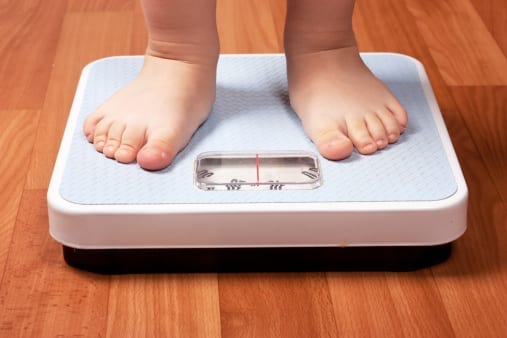Every day, we hear about the side effects of childhood obesity. Increased risk for diabetes and heart disease, low self-esteem, and depression all make that list, and apparently, so should difficulty with math.
According to a Child Development study that surveyed more than 6,250 individuals, children with “persistent obesity” (aka, starting in kindergarten) scored lower on math tests in grades one through five, than children without weight issues.
The study also showed that, for boys, gaining the weight later in life doesn’t seem to have any significant impact on a child’s abilities to learn math, whereas girls who gain weight later in life showed more of a volatile perceptibility to having trouble learning math while they are overweight.
But hold on a second. We know that correlation does not imply causation, so let’s take some other factors into account. The study states that its results show no links to other factors such as race, economic status, or parental employment status, so why is obesity correlated with troubles learning math?
The answer likely lies in a child’s self esteem, and frankly, it’s a vicious cycle. An overweight child might be ridiculed by his peers, leading to low self-esteem which then impacts his ability to focus in class and learn math.
On the other hand, a child who is picked on by his classmates for any myriad reasons may become reclusive, develop the same self esteem issues, and turn to food for comfort, leading us back to childhood obesity.
It’s unlikely that either trouble with math or obesity necessarily leads to the other problem, but it seems that the two issues do indeed feed off of one another.
What are you doing to help your child stay healthy and confident?





